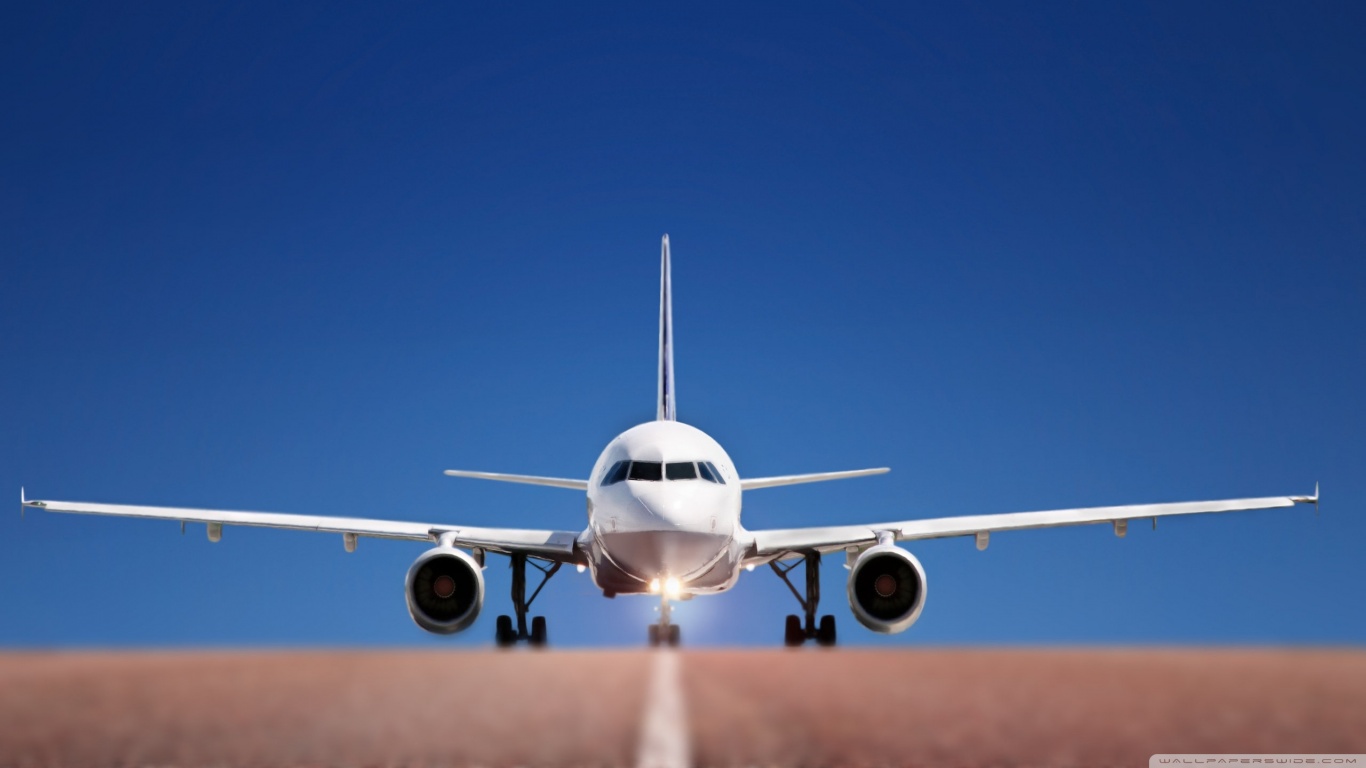Iranian market has lot to offer to aircraft manufacturers - expert

By Kamila Aliyeva
The uncertainty around the U.S. position on Iran means that Iranian aviation industry’s true potential may not be realized any time soon, Saj Ahmad, an aerospace and aviation analyst at London's StrategicAero Research, told Azernews.
It’s touch and go, but I remain cautiously optimistic that Iran as a country, tourist venue and that of a religious pilgrimage site in Mashad for Shia Muslims is a market that has a lot to offer, he noted.
“While Iran Air has started to receive deliveries of some new Airbus A330s and ATRs, other airlines like Aseman are still waiting for their chance to get onto the scene with new airplanes and revamp their product offerings, so that they can expand beyond Iran’s borders and look to garner more traffic possibilities,” he added.
Commenting on the fate of the contracts signed with Boeing and Airbus, the expert noted that the ongoing uncertainty about the U.S. position on Iran makes this a tough one to call.
“Airbus is a far more risk because it was too happy to add Iran Air’s orders to its books and therefore its production stream. So if the JCPOA is torpedoed, then Airbus will have the bigger headache of what to do with airplanes that may well be in the production pipeline,” he said.
At the same time, Ahmad noted that Boeing has wisely sat on the sidelines because it knows that the U.S. Government hasn’t actually given them the formal green light to go sell airplanes to Iran Air or Aseman Airlines – the latter is extremely keen to get its hands on 737MAXs.
No one has a crystal ball on how this will pan out, according to the expert.
“If the JCPOA is killed, then both Airbus and Boeing lose out, as do Iranian airlines. Airbus would suffer by virtue of the element of U.S.-made parts on its planes. But if JCPOA remains intact, then there’s a great chance that President Trump’s election promise about created U.S. jobs will come true as Boeing would be able to secure and create jobs by way of Iranian airline orders,” he explained.
Following the implementation of the Joint Comprehensive Plan of Action (JCPOA/nuclear deal) in January 2016, Iran inked deals to acquire 100 planes from Airbus, 80 from Boeing and 20 from ATR.
The Islamic Republic has already received 11 aircraft, including three Airbus and eight ATR.
Earlier, the U.S. aircraft manufacturer Boeing said that the company would continue following the U.S. government’s lead with regards to deals with Iran, Trend reported.
Boeing made the comments after the U.S. House of Representatives passed a bill that would require the Treasury Department to notify Congress about the activities of the Iranian company that purchases the planes, as well as the financing used for the deal and certify that they would not aid Iran's effort to distribute weapons.
The U.S. lawmakers, however, emphasized that the legislation would not bar any aircraft sales to Iran.
---
Kamila Aliyeva is AzerNews’ staff journalist, follow her on Twitter: @Kami_Aliyeva
Follow us on Twitter @AzerNewsAz
Here we are to serve you with news right now. It does not cost much, but worth your attention.
Choose to support open, independent, quality journalism and subscribe on a monthly basis.
By subscribing to our online newspaper, you can have full digital access to all news, analysis, and much more.
You can also follow AzerNEWS on Twitter @AzerNewsAz or Facebook @AzerNewsNewspaper
Thank you!
